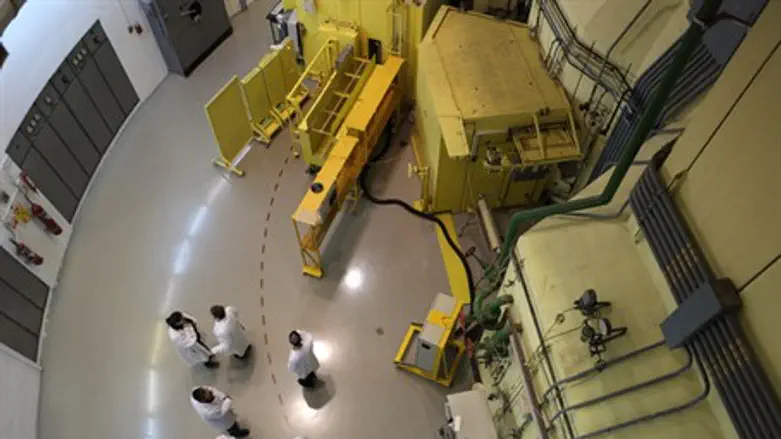
The U.S. imposed new sanctions on Iran on Thursday as it sought to step up pressure on the country's nuclear program.
According to a report in The Wall Street Journal, the U.S. Treasury Department targeted seven companies and five individuals with ties to Iran's uranium-enrichment program.
"So long as Iran continues to pursue a nuclear program in defiance of multiple U.N. Security Council resolutions, the U.S. will target those involved in Iran's illicit enrichment activities," said the U.S. Treasury Department's undersecretary for terrorism and financial intelligence, David Cohen, according to the report.
The sanctions freeze assets under U.S. jurisdiction and prohibit any transactions. Foreign banks could be cut off from the U.S. financial system if they facilitate transactions for the sanctioned groups or individuals.
A statement by the U.S. State Department indicated that the companies and individuals chosen for the sanctions “were designated because they provide the Iranian government goods, technology and services that increase Iran’s ability to enrich uranium and/or construct a heavy water moderated research reactor, both of which are activities prohibited by UN Security Council Resolutions.”
“These designations generally prohibit transactions between the named entities and any U.S. person and freeze any assets the designees may have under U.S. jurisdiction. Given Iran’s continued intransigence on its nuclear program, most recently demonstrated at the IAEA Board of Governors meeting, it is essential to act to restrain continued Iranian violations,” said the statement.
One of the individuals targeted by the new sanctions is the head of the Atomic Energy Organization of Iran, Fereidoun Abbasi.
The State Department statement said that Abbasi “has been involved in the development and acceleration of activities related to uranium mining and the production of yellowcake, the material needed as feed for the process of uranium conversion, and ultimately uranium enrichment.”
Abbasi said last month that Iran is completing its nuclear activities as scheduled, “regardless of the negative western media speculations and reports.”
The latest U.S. sanctions came hours after a meeting in Tehran between Iran and officials with the International Atomic Energy Agency (IAEA).
Following a day of discussions the two sides agreed to resume negotiations in Tehran on January 16.
The one day of talks held on Thursday was "constructive, positive, and good progress has been made,” according to Ali Asghar Soltanieh, Iran's representative to the IAEA.
The agency wants to inspect Parchin, a restricted military complex near Tehran where the IAEA suspects experiments with explosives capable of triggering a nuclear weapon could have been carried out.
The IAEA, which visited Parchin twice in 2005, accuses Tehran of carrying out clean-up operations at the base to undermine its efforts to probe possible past nuclear weapons research work. Iran denies that.

